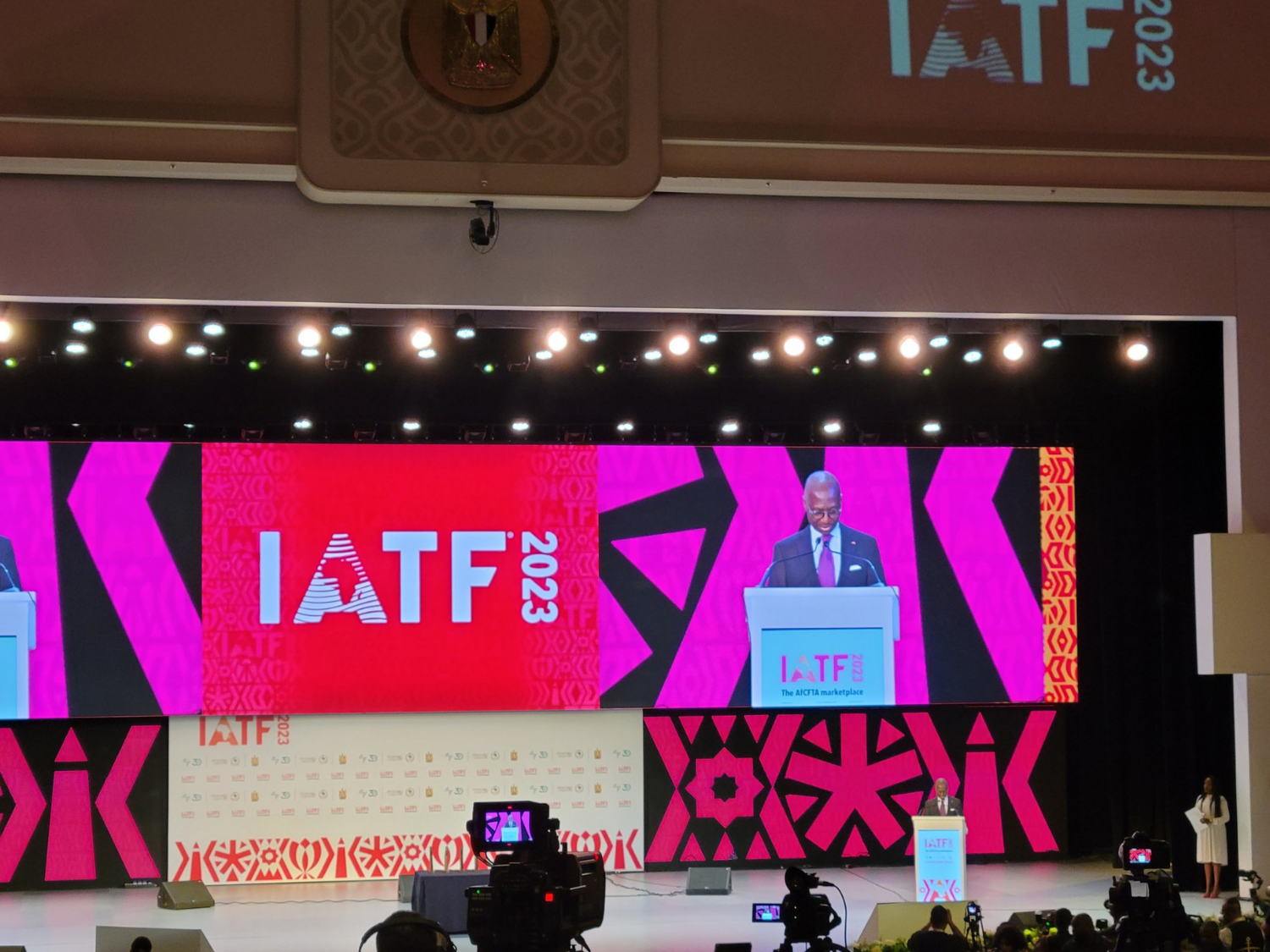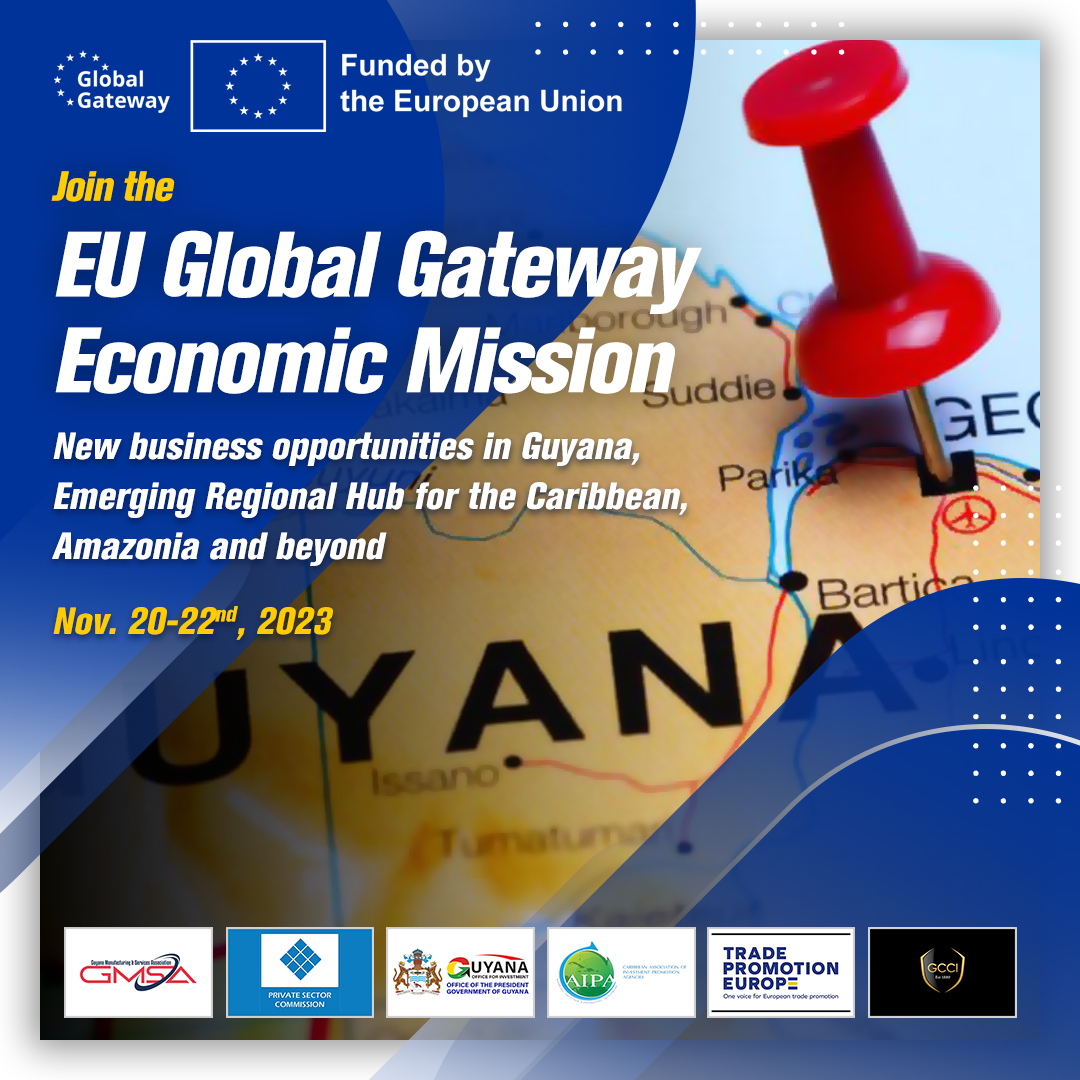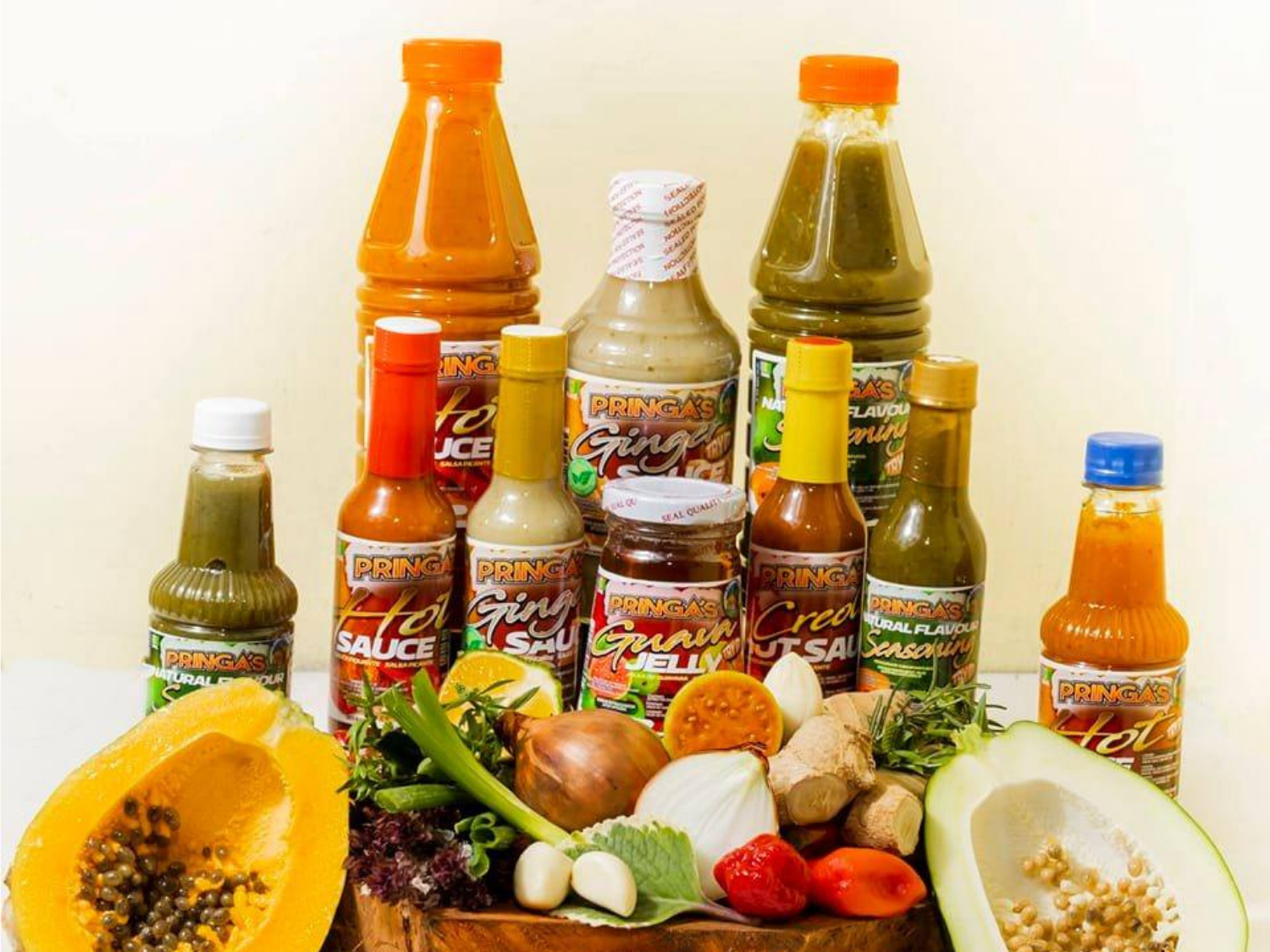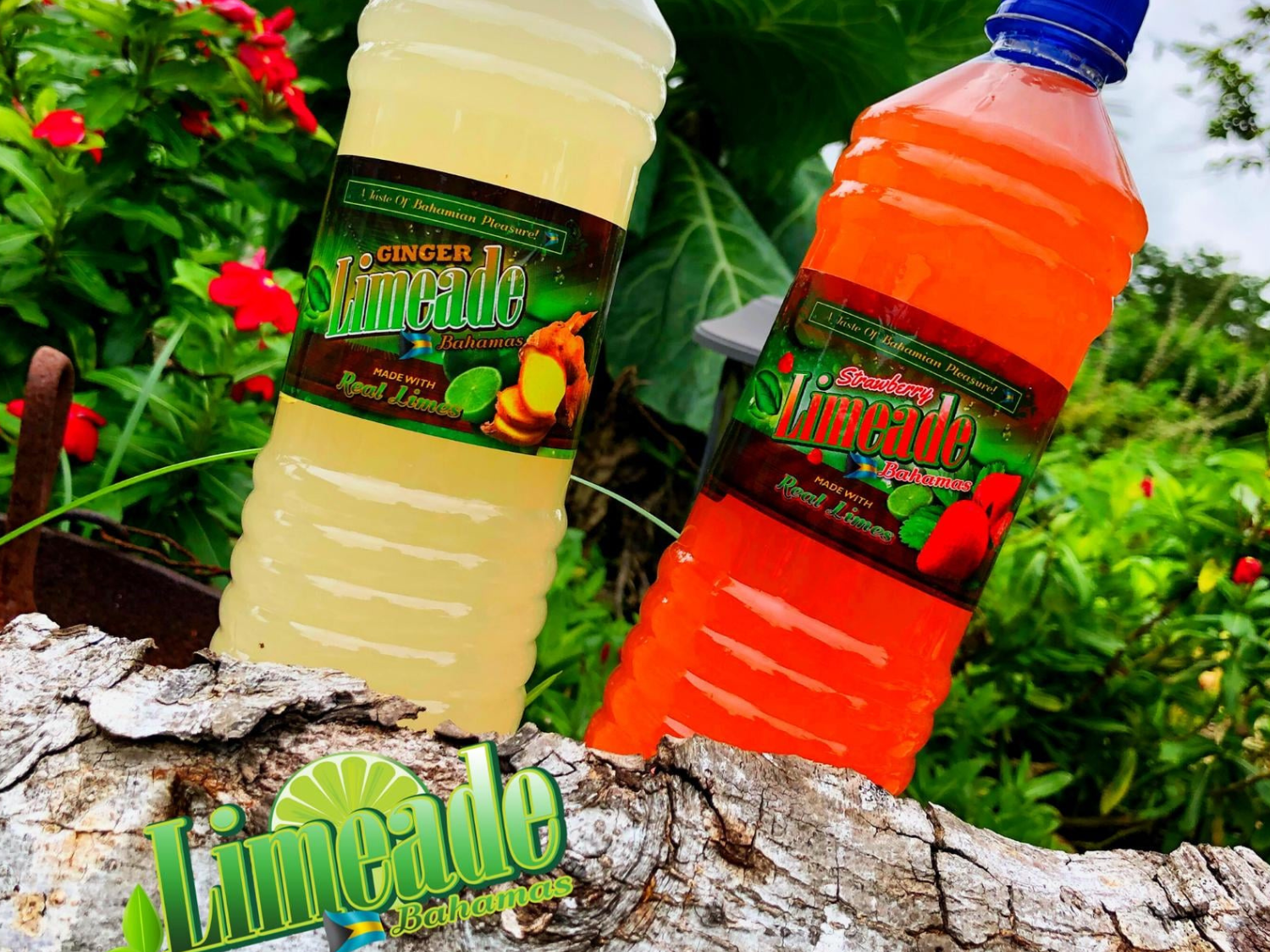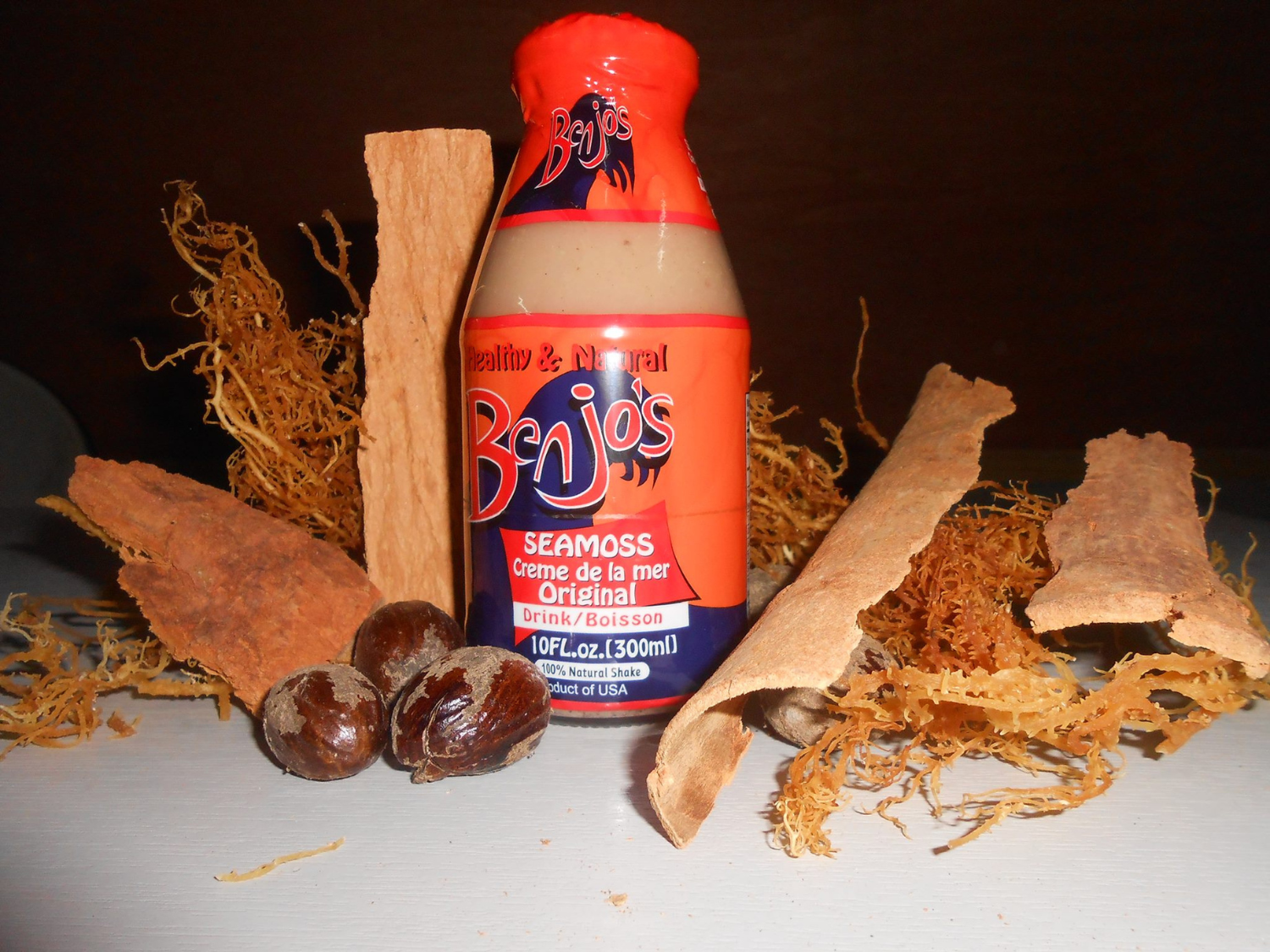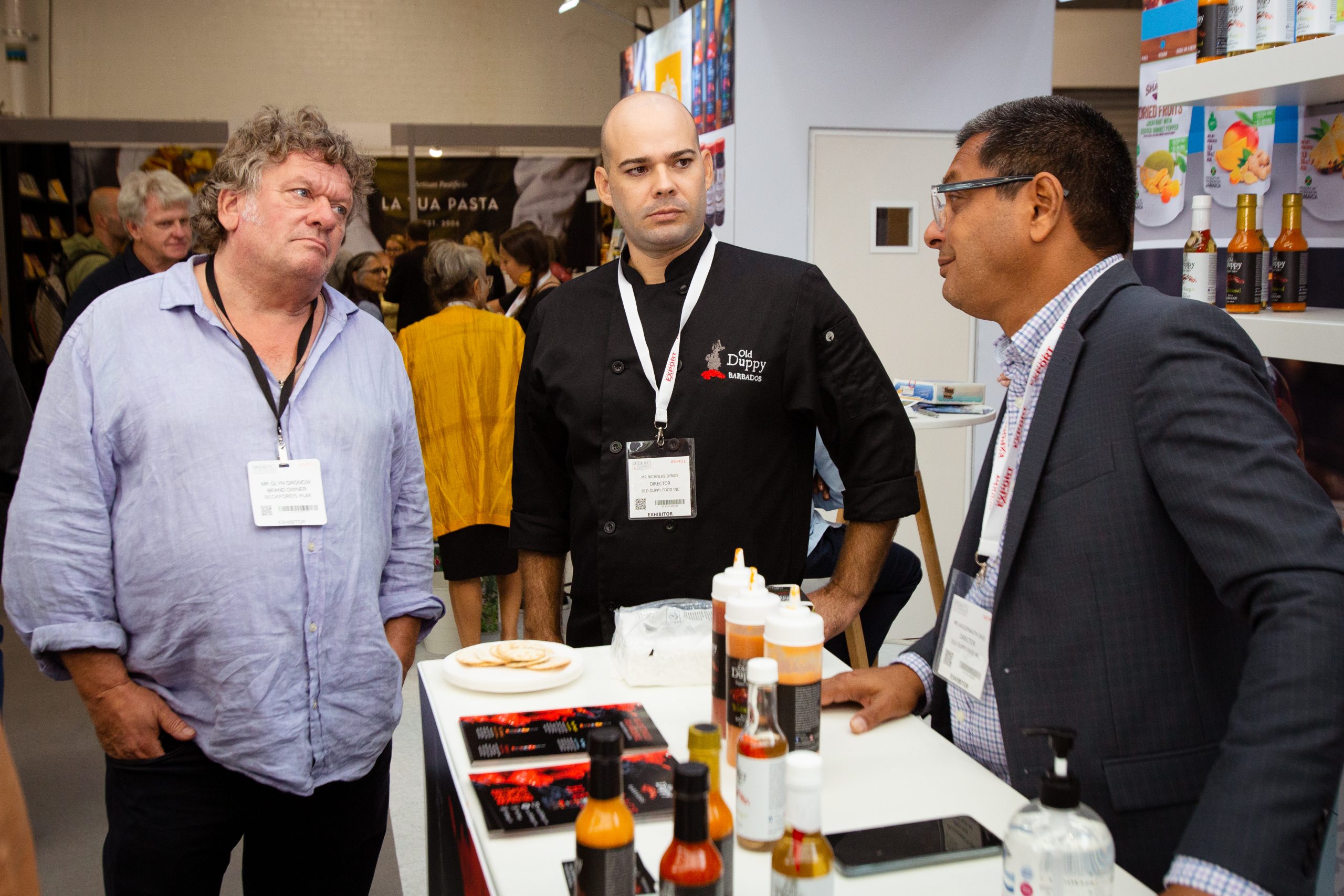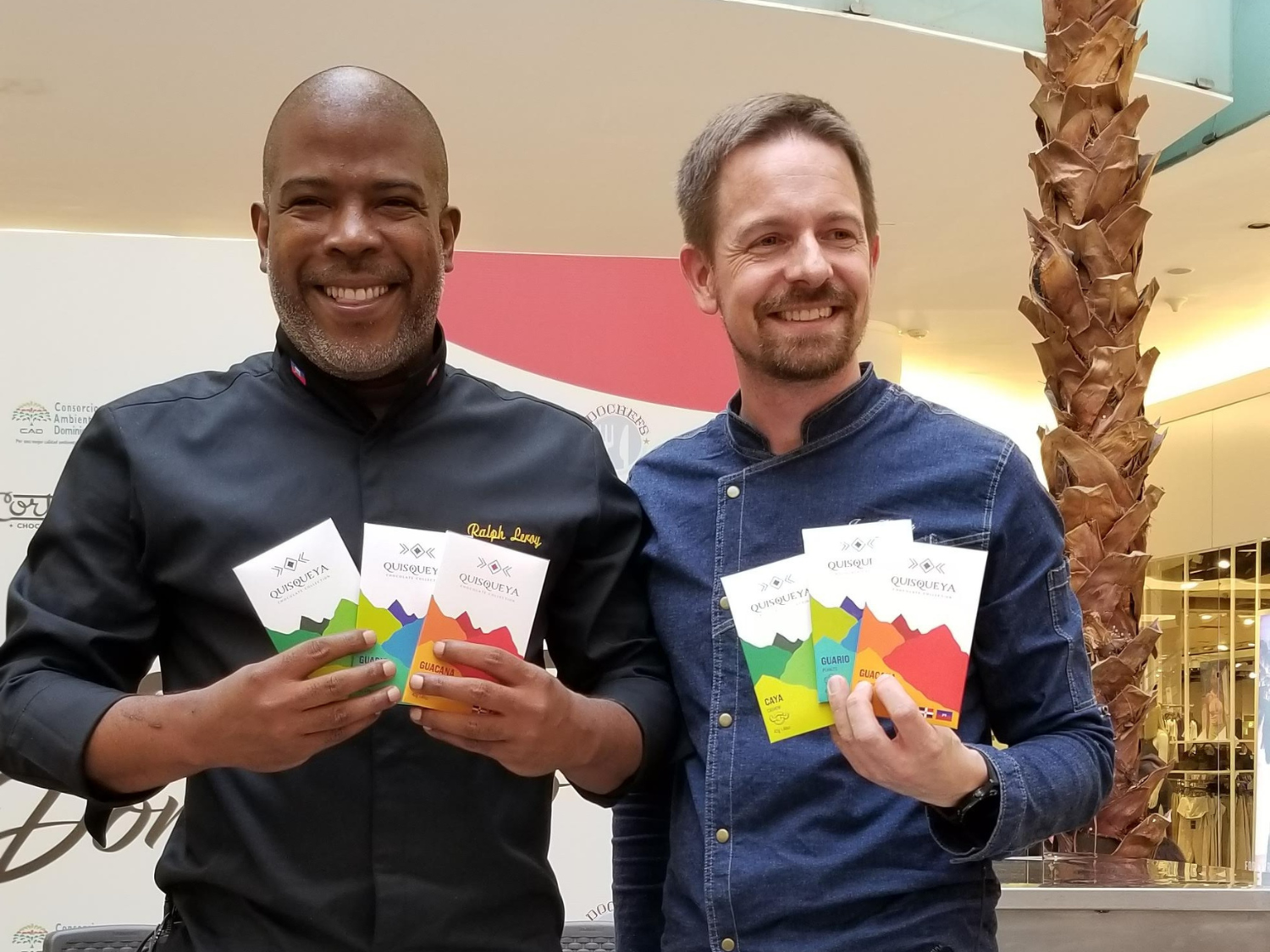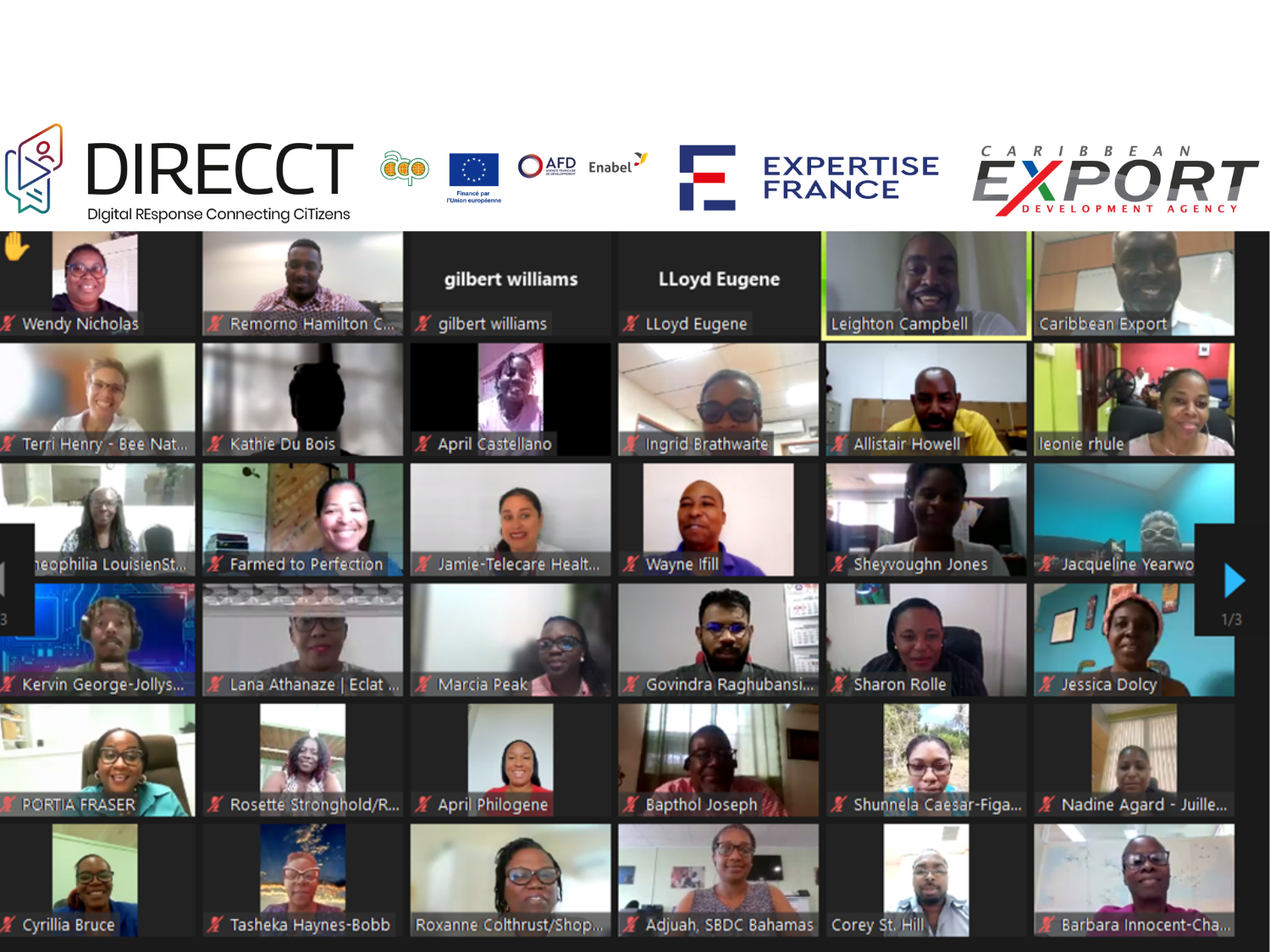Africa is rising,with one main reason being the increased and sustained efforts on boosting intra-African trade. Traditionally, the trade of the individual countries in Africa followed routes and patterns established since colonial times. The African Free Trade Continental Area, the largest free trade area in the world in terms of the number of particpating countries, is changing that narrative. Given the massive opportunities arising from greater African trade, there are also good options for boosting the African-Caribbean trade and investment partnership. In this context, Caribbean Export joined the landmark Intra-African Trade Fair 2023 (IATF 2023) in Cairo, Egypt, last week.
IATF 2023, held from November 9-15, unfolded as a pivotal platform for fostering economic ties and cross-border collaboration while showcasing the continent’s vibrant diversity. This pioneering initiative welcomed thousands of business owners and trade experts, providing an invaluable forum for meaningful discussions on pressing topics. These included private sector development, trade facilitation, investments, digital trade, the importance of digital financial inclusion and quality infrastructure. Delegates gleaned insights that transcended borders, laying the groundwork for a future marked by strengthened economic partnerships and mutual growth, including the emphasis on business.
Recognizing the strategic imperative of enhancing collaboration, our Executive Director, Deodat Maharaj expressed his enthusiasm at participating in this significant event. The invitation extended by the African Export-Import Bank (Afreximbank) to serve as the Caribbean Ambassador for IATF 2023 demonstrated the growing recognition of the mutual benefits that lie in advancing the alliance between Africa and the Caribbean.
Reflecting on his participation, Mr. Maharaj emphasised: “The imperative to deepen the trade and investment relationship with Africa is clear. Witnessing the Caribbean contingent in Cairo, as we celebrate the pinnacle of African excellence, engaging in the exchange of ideas and fostering new connections demonstrates our commitment to this objective. My sincere congratulations to Afreximbank for adeptly orchestrating yet another successful event.”
Throughout various panel discussions, the common challenges faced by Africa and the Caribbean, particularly the need for bankable projects, became evident. Addressing these challenges not only requires innovative solutions, but also a heightened level of collaboration. The event’s dynamic celebration of the creative sector underscored the potential of the arts as a formidable catalyst for economic opportunities between Africa and the Caribbean. It highlighted the prospect of the creative sector becoming the next frontier for trade between these two regions, offering a promising avenue for mutual growth and exploration.
The Caribbean actively participated in the event led by Barbados and St Lucia. Caribbean Export’s role as an IATF 2023 Ambassador, coming just months after our first trade and investment mission to West Africa, amplifies the momentum established for Caribbean businesses to actively collaborate with their African counterparts and foster mutually beneficial opportunities. This is one sure way to deepen our trade and investment partnership with Africa. It is about less talk and more business.
